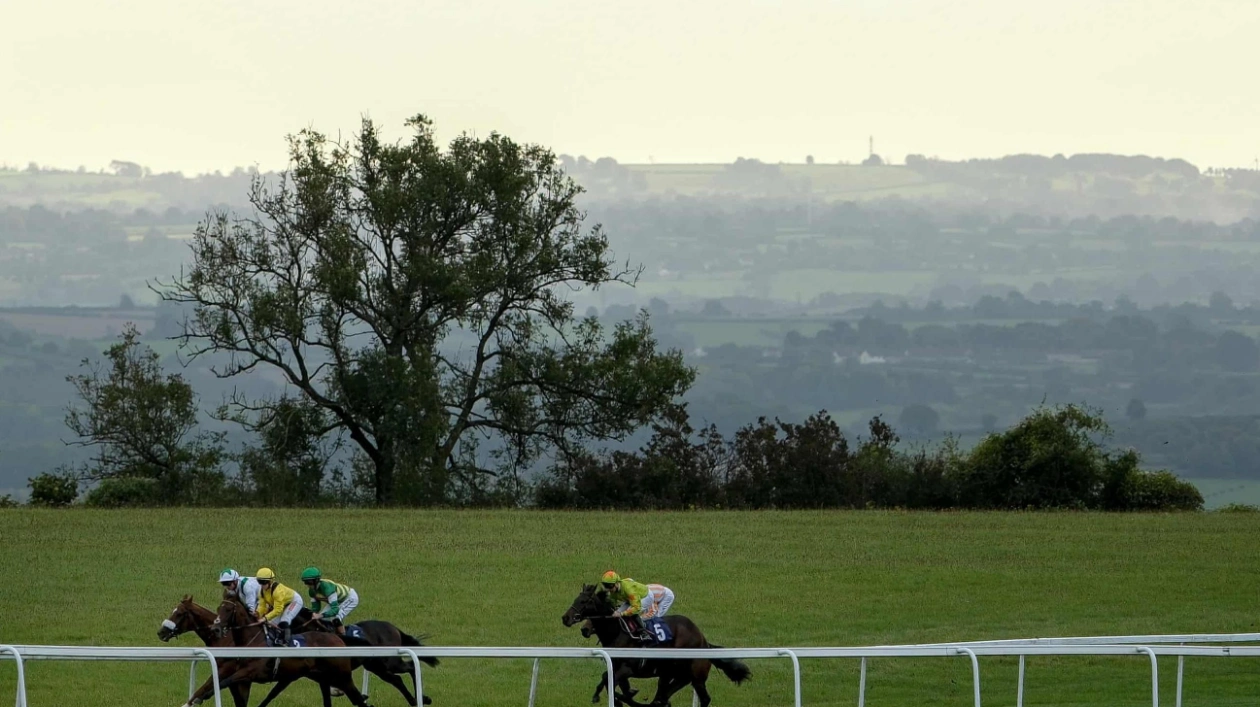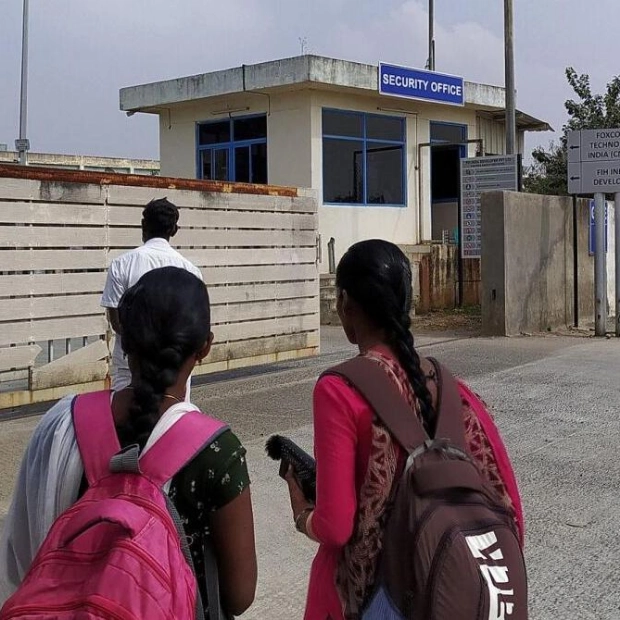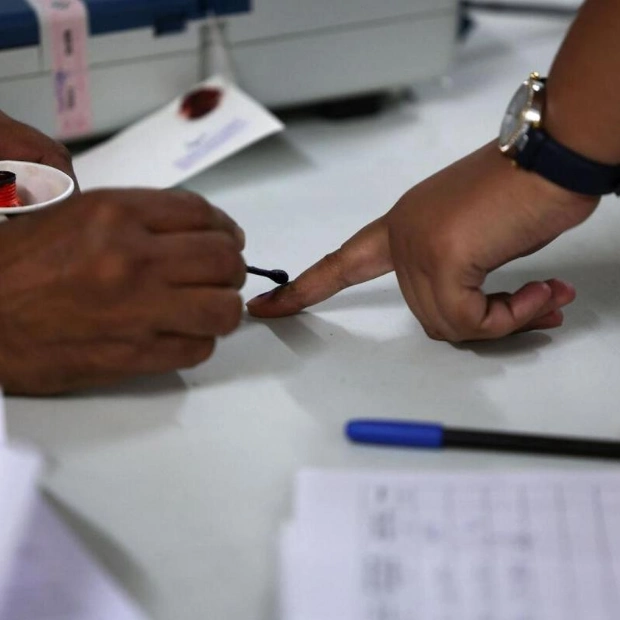Martin Cruddace, CEO of Arena Racing Company, has urged for a reduction in betting duty rates and an increase in the statutory Levy to revitalize the racing industry's growth and international standing. This call comes amid concerns over potential tax changes targeting high-risk online gambling, particularly slot and gaming products. The £11bn gambling sector is eyed by the Treasury as a significant tax revenue source ahead of the 30 October budget. Cruddace, supported by racing's key stakeholder groups, argues for a clear distinction between betting on racing and sports versus fixed-margin casino-style gaming.
Currently, General Betting Duty (GBD) stands at 15% of gross profits for racing and sports betting, while Remote Gaming Duty (RGD) is 21% for online slots and casino products. Gambling firms also contribute 10% of gross profits from British racing bets to the statutory Levy, which funds prize money and other racing initiatives. Cruddace emphasizes the need for tax reforms that reflect and amplify the differences between betting and games of chance.
He proposes redistributing the 5% difference between GBD and Levy rates, either by swapping them (reducing GBD to 10% and increasing Levy to 15%) or setting both at 12.5%. This would maintain overall tax revenue while supporting racing and incentivizing operators to focus on betting. Cruddace's stance aligns with a report by the Social Market Foundation (SMF) advocating for a doubling of RGD to 42%, potentially raising an additional £900m in tax revenue, focusing on the online gaming sector.
James Noyes, SMF's lead author, acknowledges racing's substantial economic contribution and employment ecosystem. He highlights the qualitative difference in harm potential between pre-event horse race betting and high-frequency online gaming activities. Recent reports suggesting significant gambling duty increases have sparked warnings from the Betting and Gaming Council (BGC) about potential job losses and industry setbacks.
Noyes criticizes the BGC for conflating online slots regulation with horse racing's interests, calling it a deliberate tactic to resist gaming reforms. He emphasizes the need to differentiate between games of skill and chance, noting higher harm rates for online slots. Cruddace's support for betting and opposition to gaming reflects a long-overdue stance, signaling a potential shift in the sport's advocacy.






